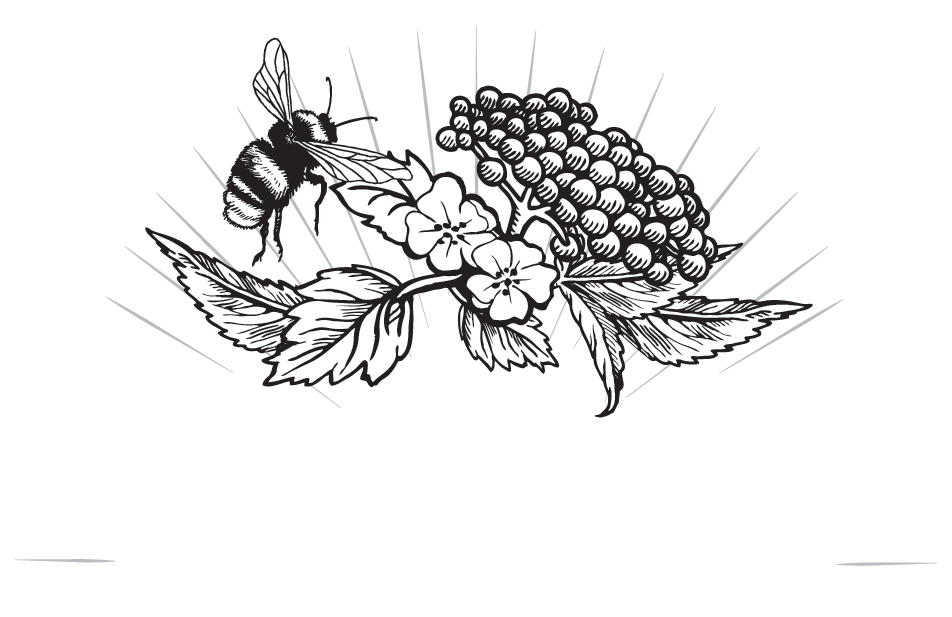Living on Indigenous Territories & Reciprocity
For those of living in the Bay Area as I did for so many years until very recently, it is Chochenyo and Karkin Ohlone lands that non-native peoples are benefitting from. The civic infrastructure, the economic system, the private development and the consumption of natural resources in our society are all connected to and in different ways built upon the colonial occupation of these ancestral lands and the violent displacement of the Ohlone. Paying the Shuumi Land Tax is a small way to acknowledge this legacy and contribute to its healing.
Shuumi is for non-Indigenous people who live in traditional Chochenyo and Karkin Ohlone territory to make a voluntary annual financial contribution to this critical community work. The Shuumi Land Tax directly supports the Sogorea Te Land Trust’s work to acquire and preserve land, establish a cemetery to reinter stolen Ohlone ancestral remains and build a community center and round house so current and future generations of Indigenous people can thrive in the Bay Area.
The Sogorea Te Land Trust is an urban Indigenous women-led community organization that facilitates the return of Chochenyo and Karkin Ohlone lands in the San Francisco Bay Area to Indigenous stewardship. Sogorea Te creates opportunities for all people living in Ohlone territory to work together to re-envision the Bay Area community and what it means to live on Ohlone land. Guided by the belief that land is the foundation that can bring us together, Sogorea Te calls on us all to heal from the legacies of colonialism and genocide, to remember different ways of living, and to do the work that our ancestors and future generations are calling us to do. http://sogoreate-landtrust.com/
Sustainability Practices
My dedication to sustainability and quality has led me to using only organic plant medicine supporting medicinal growers. I prepare medicines with intention and in their natural whole forms: seeds, berries, roots, leaves, bark, or flowers. Alcohol-based tinctures are organic and biodynamically-grown.
Very few herbs I use are wild harvested out of respect for the Indigenous peoples whose territories that I live on and for the plants which are increasingly threatened due to habitat destruction and over-harvesting. I am committed to the guidelines set forth by United Plant Savers.
Image by Indigenous Action Media
Ask First! ~ A Better Practices Guide for Indigenous Engagement
Gatherings * Festivals * Conferences * Action Camps * Ancestral Arts * Protests * Ceremony * Psychedelics * Water & Land Defense * Climate & Environmental Justice * Antiracism * Human Rights * Sacred Sites * Permaculture
This guide is a work in progress.
Whether we acknowledge it or not, we are always in relationship with Indigenous peoples by living in and producing events on their ancestral homelands.... MORE HERE


